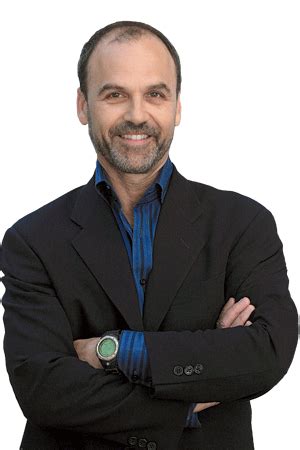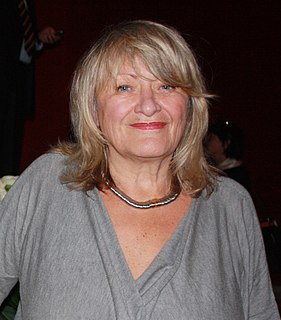A Quote by W. Kamau Bell
As a person of color, you're in a PhD level racism class, every day. Every day, I'm in a deep racism seminar. And I'm not saying that white people aren't taking that class, but they don't show up that often and they're auditing it.
Related Quotes
The problem is that white people see racism as conscious hate, when racism is bigger than that. Racism is a complex system of social and political levers and pulleys set up generations ago to continue working on the behalf of whites at other people's expense, whether whites know/like it or not. Racism is an insidious cultural disease. It is so insidious that it doesn't care if you are a white person who likes Black people; it's still going to find a way to infect how you deal with people who don't look like you.
There should be a class on drugs. There should be a class on sex education-a real sex education class-not just pictures and diaphragms and 'un-logical' terms and things like that.....there should be a class on scams, there should be a class on religious cults, there should be a class on police brutality, there should be a class on apartheid, there should be a class on racism in America, there should be a class on why people are hungry, but there are not, there are classes on gym, physical education, let's learn volleyball.
In the U.S., while individual whites might be against racism, they still benefit from their group's control. Yes, an individual person of color can sit at the tables of power, but the overwhelming majority of decision-makers will be white. Yes, white people can have problems and face barriers, but systematic racism won't be one of them.
As soon as you opened your mouth and said the word woman, you were beaten down with the argument that you were betraying the class struggle. There are many poignant writings in which feminists first write pages about their class standpoint before getting to their actual issue. What was then known as class warfare is today called anti-racism. The threat of being accused of racism gave birth to false tolerance.
I grew up in a predominantly white community - Hinsdale, Illinois - and given that, I feel blessed because I could still count my experiences with blatant racism on two hands. I thought racism was the substitute teacher picking on you because she assumes that you're a delinquent, and she doesn't know you have the highest score in the class.
This film isn't about "white racism", or racism at all. DEAR WHITE PEOPLE is about identity. It's about the difference between how the mass culture responds to a person because of their race and who they understand themselves to truly be. And this societal conflict appears to be one that many share.
To solve the new century's mounting social and environmental problems, people of color activist and white activists need to be able to join forces. But all too often, the unconscious racism of white activists stands in the way of any effective, worthwhile collaboration. The Challenging White Supremacy Workshop is the most powerful tool that I have seen for removing the barriers to true partnerships between people of color and white folks. If the CWS trainings were mandatory for all white activists, the progressive movement in the United States would be unstoppable.
Another response to racism has been the establishment of unlearning racism workshops, which are often led by white women. These workshops are important, yet they tend to focus primarily on cathartic individual psychological personal prejudice without stressing the need for corresponding change in political commitment and action. A woman who attends an unlearning racism workshop and learns to acknowledge that she is racist is no less a threat than one who does not. Acknowledgment of racism is significant when it leads to transformation.

































